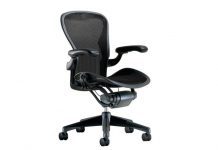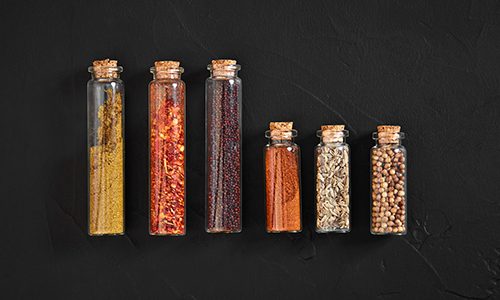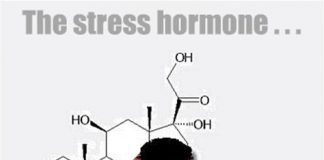Is popcorn healthy? The answer is yes!! Popcorn can be nutritious when it is prepared correctly. It is a snack that has been enjoyed for generations. It is made from dried corn kernels that are heated until they pop, resulting in a light, and crunchy snack. Popcorn is often considered as a healthy snack. However, the health benefits of popcorn can vary depending on the preparation method and additional ingredients that are added. Come let’s explore the benefits and side effects of popcorn.
Benefits of Popcorn
Popcorn became very famous when people started eating it in movie theaters, whilst watching television programs, watching cricket, etc. Here are some of the key benefits of popcorn that you have to know!!
High Level of Antioxidants
Some studies have found that popcorn contains high levels of phenolic acids, a type of antioxidant that actually can help you protect against cell damage and disease.
Fiber
Popcorn is a very good source of fiber. One serving of popcorn contains about 15 grams of fiber, which is the amount of fiber that most people need every day. Consuming enough fiber every day can reduce the risk of coronary heart disease. It can also help you feel full and satisfied and is a great snack for weight loss.
Whole Grains
Popcorn is a whole grain, which means that it contains all parts of the grain kernel, including the bran, germ, and endosperm. Whole grains are an important food group as they can reduce the risk of heart disease, cholesterol, and hypertension in humans. Whole grains are also known to offer many health benefits.
Low in Calories
Do you think popcorn can help you with weight loss? The answer is yes!! Popcorn is a low-calorie snack. One serving of air-popped popcorn has 30-35 calories, which is absolutely low. This makes it a great snack option for those who are trying to lose weight and follow a healthy eating habit.
However, it is important to note that popcorn can also be high in sodium and unhealthy additives if it is heavily processed or seasoned. If you want to have the popcorn healthily then better look for options that are minimally processed and flavored with healthy ingredients like olive oil and other herbs.
Nutrition Facts About Popcorn
One serving of air-popped popcorn ( about three cups) contains approximately,
- 130-150 calories
- 15 grams of fiber
- 4 grams of protein
- 1.1 gram of fat
- 28 grams of carbohydrates
How to Make Popcorn?
To make your popcorn more healthy, here is a recipe you can try out!!
Ingredients
- 1/4 cup of corn kernels
- 1 tablespoon of olive oil
- A small amount of salt to enhance taste
- Herbs or spices of your choice (If needed)
Cooking Procedure
- Take a large saucepan and heat olive oil over medium flame.
- Add the corn kernels and cover the pan with a lid.
- Once the kernels start to pop, gently shake the pan to prevent burning.
- When the popping slows down, take the pan from the heat.
- Season it with the salt, herbs, or spices of your own choice.
Disadvantages of Popcorn
Eating popcorn every day is okay, but eating too much can affect your health in many ways.
Unhealthy Ingredients
Some premade popcorn contains a high level of sodium and can be loaded with unhealthy ingredients like added sugar, and unhealthy oils. These ingredients can lead you to gain weight and negatively impact your heart health. Even unwanted toppings like melted butter, caramel sauce, ranch seasoning can affect your health.
Risk of Choking
Eating popcorn can pose a risk of choking, especially for young children and old people.
Do you now have the answer to this question “Is popcorn healthy?” In simple terms, popcorn is a healthy snack, if you consume it in moderation and prepared without adding the unhealthy ingredients mentioned above. Better, always make popcorn at your home to avoid health issues. Hope this blog helps you know about the advantages and disadvantages of popcorn.



















